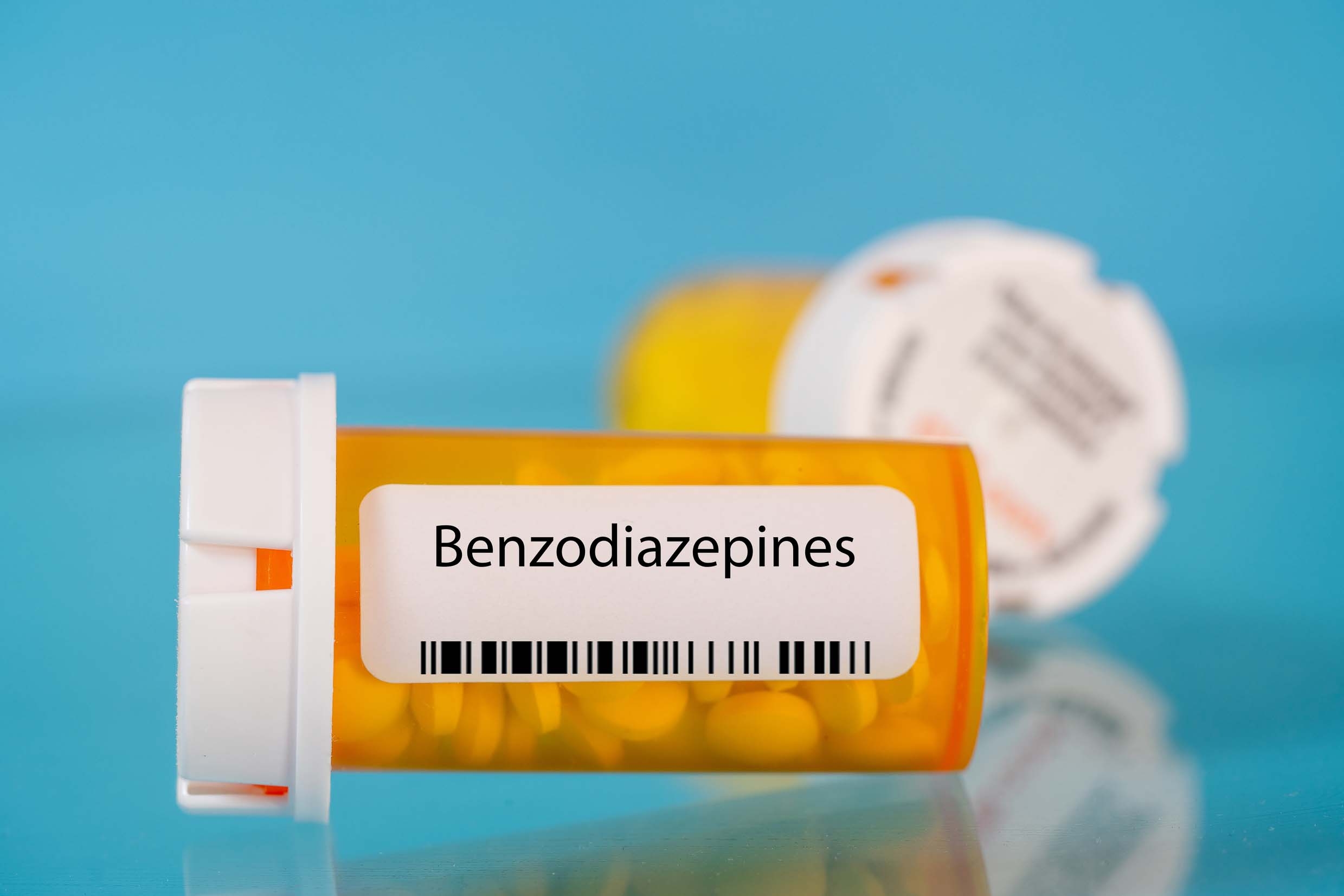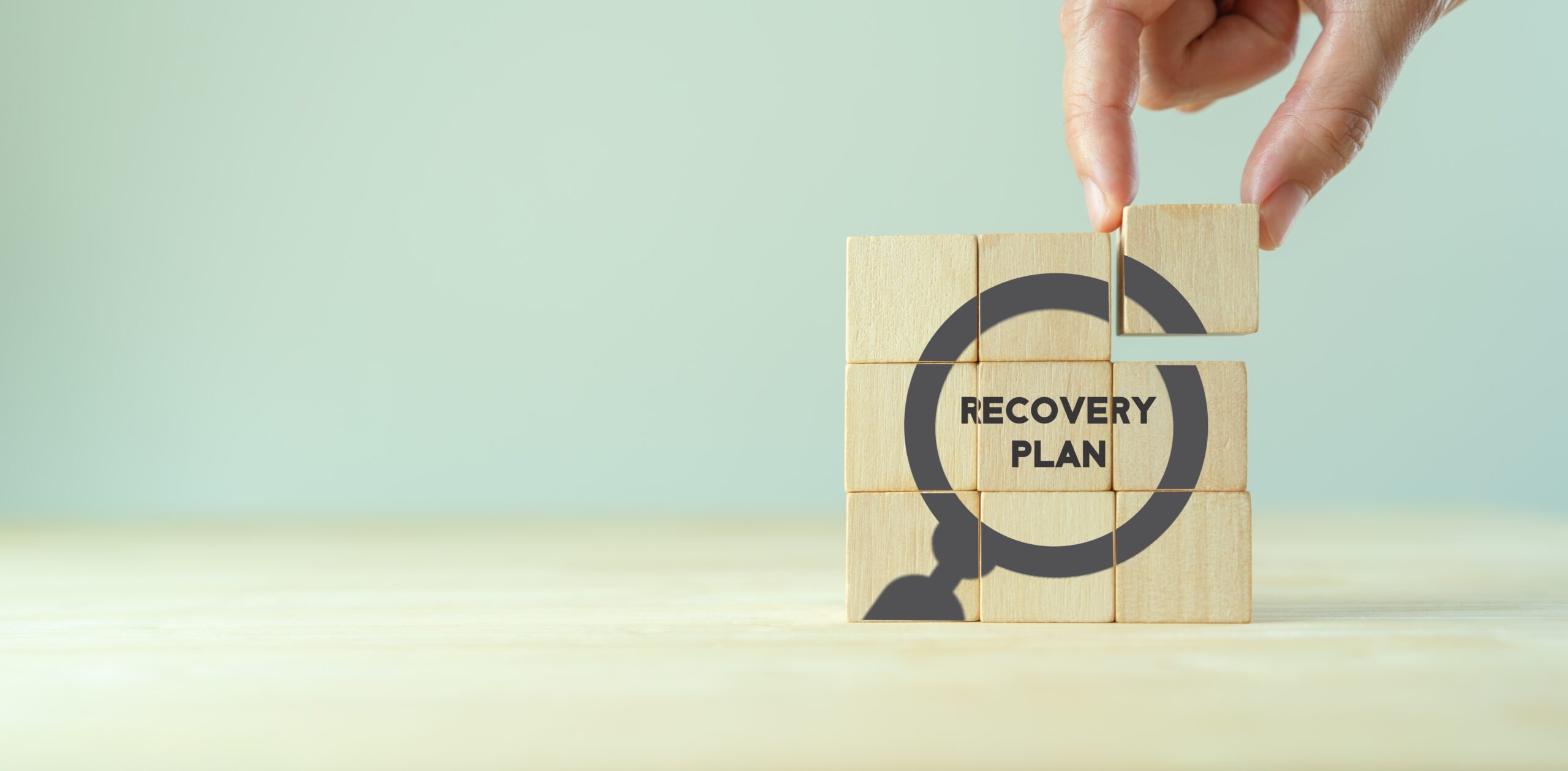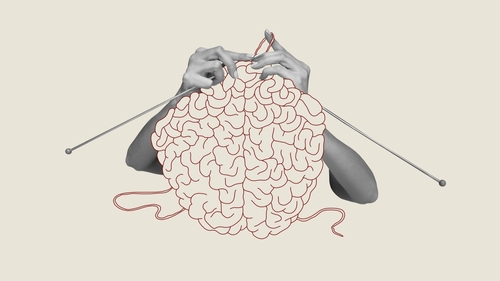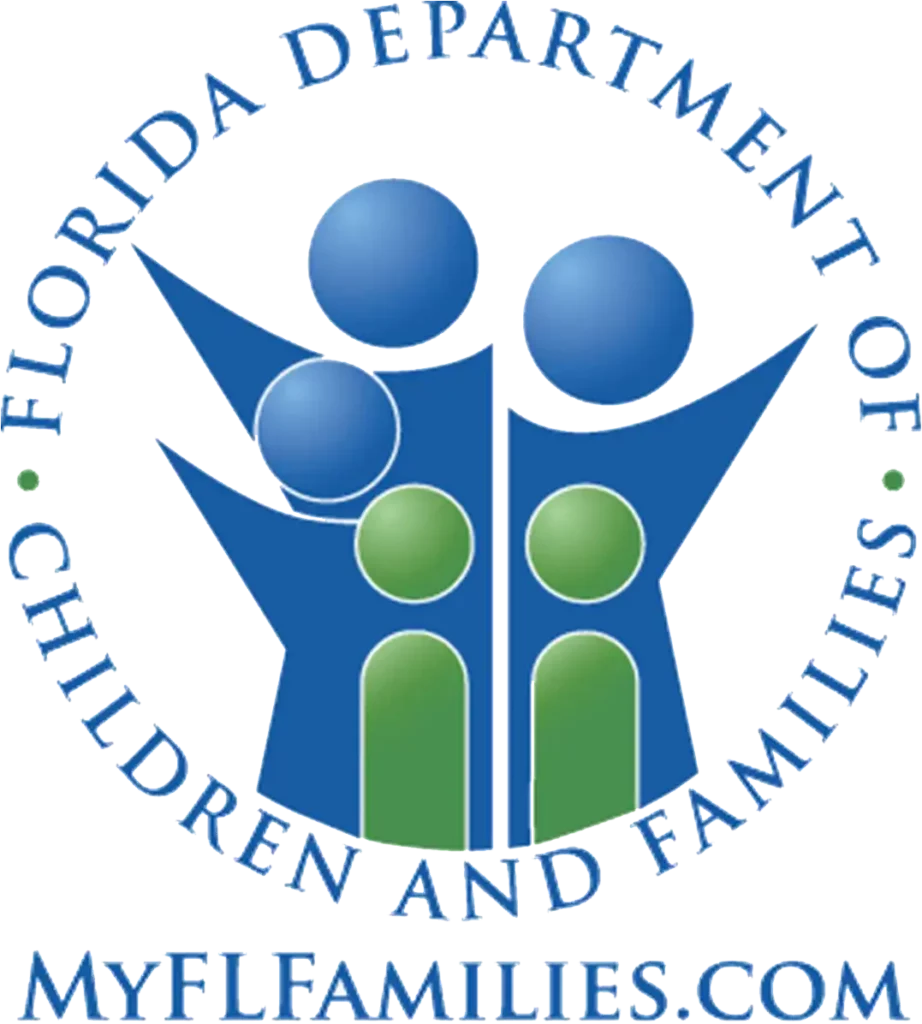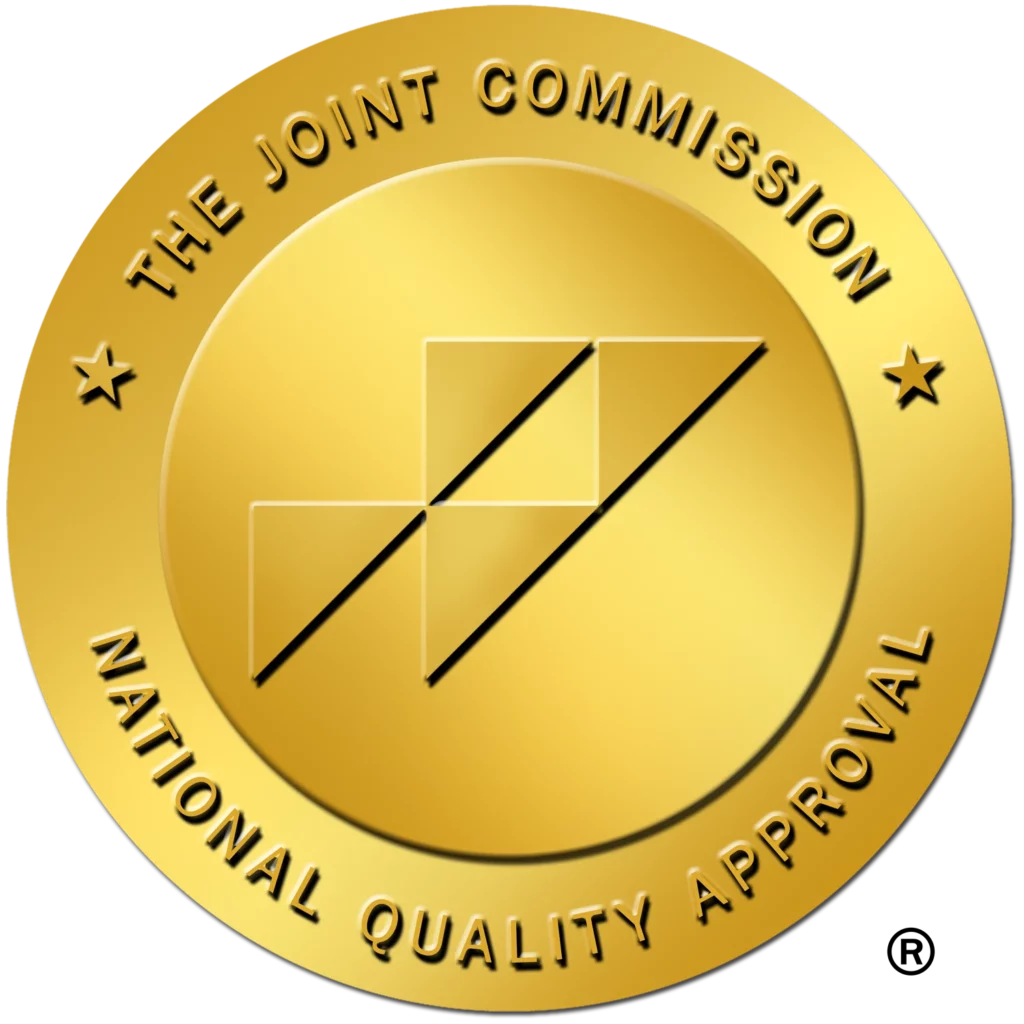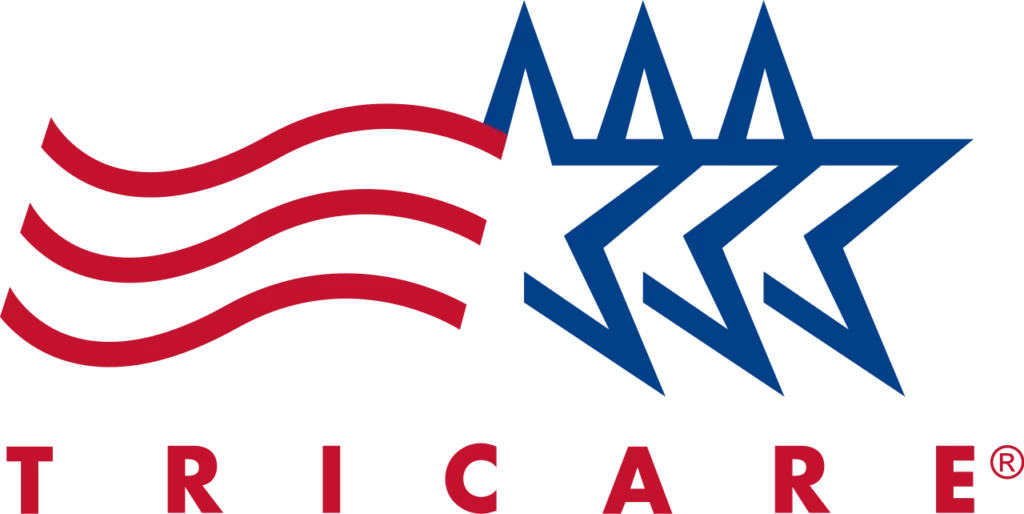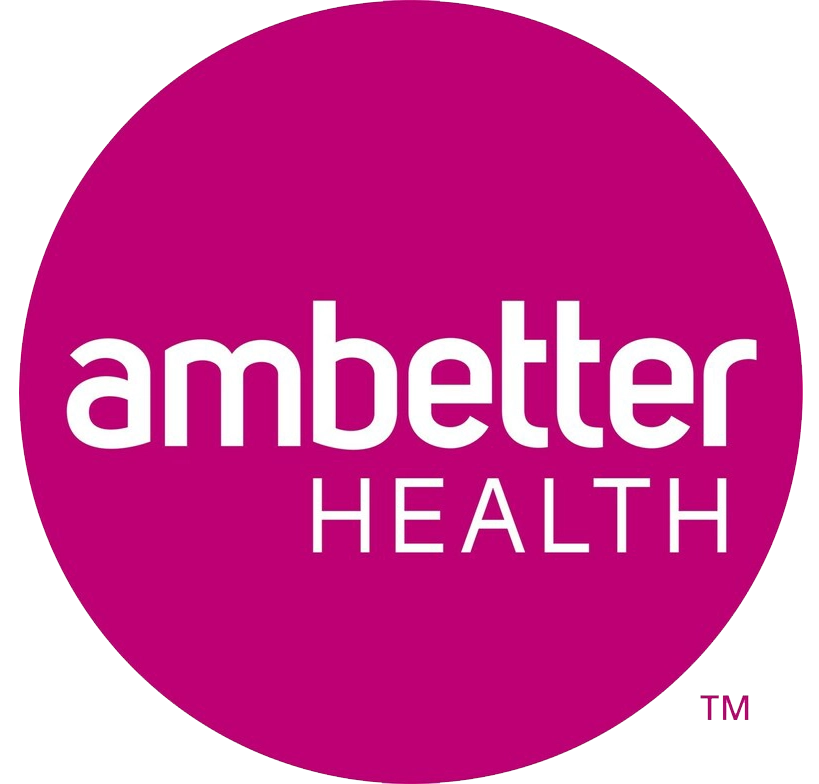Drug Cravings During Recovery
This entry was posted in Mental Health and tagged Cravings, Stress, Triggers on March 08, 2019 by Justin Baksh, MS, LMHC, MCAP, Chief Clinical Officer.

For someone who is struggling to recover from drug addiction, cravings can be a downfall. They produce an intense longing for the pleasant effects that temporarily make drug use seem like a good option. You can resist and avoid cravings, however, if you are dedicated to living a clean and sober life.
Triggers For Cravings
As they say, an ounce of prevention is worth a pound of cure. Certain factors are known to trigger cravings.
If you know what they are, you can keep ahead of your cravings and make your journey recovery that much easier.
Cues
Exposure to a setting where drugs have been used, or where you have used drugs before, can trigger cravings.
Even years after the last dose, the brain remembers the drugs it came to rely on.
Attention
If you pay attention to your cravings, they will intensify. Your mind will also come up with reasons why it is OK to partake.
In severe cases, the mind will forget all the reasons why you decided to start on the road to recovery in the first place.
Expectation
Past experiences with a drug, such as alcohol, can shape how we expect to react to its use.
When people who formerly abused a drug watch others take the drug, like drinking in a social setting, it reminds them of the temporary pleasant effects that the drug can have.
Priming
This is the reason people say you cannot eat just one potato chip.
Sometimes, a small dose of a substance can trigger a craving for more.
Just one moment of weakness can start a person on a destructive path once more.
Belief
Cravings often go away when the drug is unavailable, but if you believe you have an opportunity to use a drug, this can trigger cravings.
The availability of a drug is a key component in the onset of cravings.
Stress
Stress can inhibit the prefrontal cortex, which is the area of the brain dedicated to concentration, planning and judgment.
As a result of stress, your impulses can grab a hold of you, which is especially dangerous for someone struggling to recover from drug addiction.
How To Beat Cravings
If you know what they are and how to avoid them, you can elude powerful temptations.
Sometimes, though, the cravings hit no matter what efforts you made to avoid them.
With these tips, you can beat your cravings even when they hit you hard.
Cognitive Behavioral Therapy
CBT provides many ways to cope with cravings when they hit, including:
- redirection
- distraction
- visualization
Self-care
Healthy eating and exercise are the best ways to keep your body in shape.
Your emotional well-being is strengthened when you are in good health,
This not only reduces the frequency of cravings you will experience, but also makes you better able to resist the cravings that do come.
Self-talk
You can use logic and reason to talk yourself out of temptation when a craving seizes you. Often, a craving makes us lose sight of the bigger picture and we focus just on the object of our desires.
It can therefore be a good idea to create a list ahead of time of all the reasons why giving in is a bad idea. It can talk about the good to be gained from quitting as well as the negative consequences of drug use.
Ask for help
If you feel a craving coming on, it is often helpful to talk to others who can empathize.
They will understand your conflicting feelings about wanting to be sober yet feeling compelled to use again.
For this reason, treatment programs have sponsors and support staff to guide you through the process.
Acknowledgement
Sometimes called surfing the urge, this involves accepting the craving for what it is rather than desperately hoping it will go away.
Cravings come in waves and eventually go away; surfing the urge simply allows them to come and go without trying to push them away.
Get rid of bad memories
Many therapists treat cravings with what is known as memory consolidation. This is the removal of memories associated with drug use.
Without these memories, you will be less prone to cravings triggered by environmental factors, such as a situation that reminds you of past drug use.
Escape
Sometimes, if you find yourself in a tempting environment and the craving is strong, you need to escape.
However, if you understand what triggers your cravings, you can avoid them.
If you have the right game plan like ours, along with focus, you can conquer your cravings on drugs. Allow us to help you.
Cravings are Powered by Body’s Chemical Signals
They can often overcome resistance and make you backslide into behaviors you thought you had conquered.
However, if you understand what triggers your cravings, you can avoid them.
If you have the right game plan like ours, along with focus, you can conquer your cravings on drugs. Allow us to help you.

